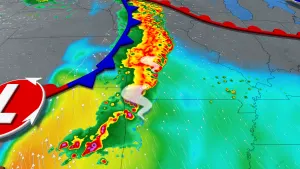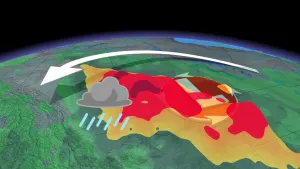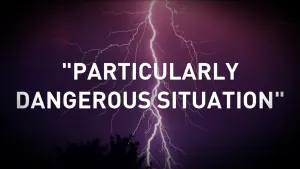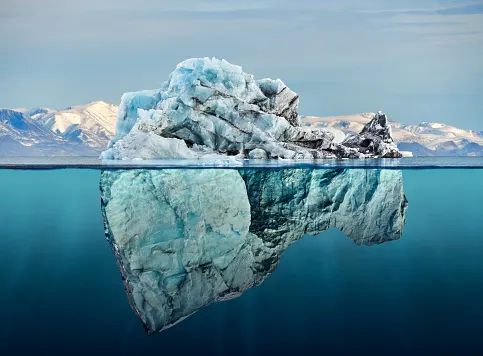
Arctic now hottest in 10,000 years, with more warming ahead
A new study says the Arctic has reached its warmest temperatures in the last 10,000 years and temperatures are still climbing.
More research has surfaced to indicate temperatures in Canada’s Arctic is continuing to rise.
A study recently published in Nature Communications states the region is now reaching temperatures not seen in the last 10,000 years – and are still climbing.
As part of the examination of the Arctic, permafrost samples in the Yukon, near Dempster Highway, were studied by researchers, who found current temperatures in the region are almost 2°C higher than at any point in the past 10,000 years.
If that wasn’t alarming enough, temperatures in the Arctic now are even warmer than the previous highs thought to have arose during the early Holocene period, between 6,400 and 9,900 years ago.
At the time, Earth’s axis was tilted more towards the sun, according to the report.
In an interview with CBC, Duane Froese, a University of Alberta professor and a co-author of the study, indicated that time period may actually be much longer.
"I would guess we're getting back over 100,000 years since we've seen temperatures at least this warm," he said.
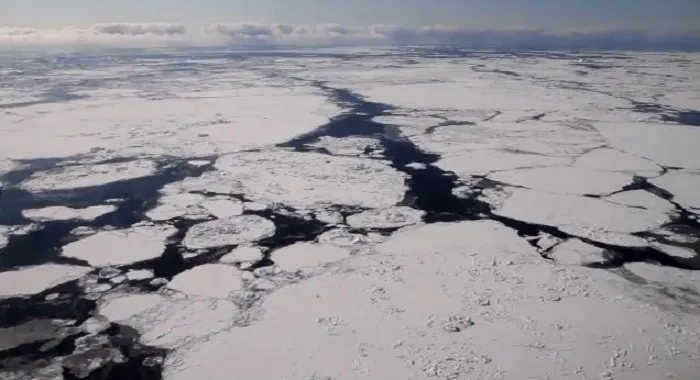
New research indicates temperatures in the Arctic are now the warmest in the last 10,000 years.
RESEARCH SHOWS WARMING IN ARCTIC
The new report piles on to existing research that shows extreme warming in the Arctic.
Just last month, United Nations released an environmental assessment on the Arctic, which describes scenarios where winter temperatures will increase by three to five degrees by 2050, as compared to 1986-2005.
Published earlier this past week, another study indicated the Arctic will have a entirely new look in the future where there will be only be greening tundra and warmer winters.
"The Earth is getting a lot warmer a lot faster," Froese said. "We don't seem to have any great political will or mechanisms to slow the rate of change."
Because of the growing concerns on the future of the Arctic, some people who reside there are already taking action to prevent the change.
STATE OF EMERGENCY TO BE DECLARED IN OLD CROW, YUKON
Due to the urgency of the situation, a state of emergency will soon be declared in Old Crow, Yukon, by the Vuntut Gwich'in First Nation, as it has seen the effects firsthand.
Changes include rising temperatures, less snow cover, warmer winters and thawing permafrost.
And these effects will persist going forward, Froese told CBC, especially as the permafrost melts, which could happen more slowly or less dramatically than the dissolving glaciers.
"Permafrost behaves a bit different," he said. "It has all the insulation of the vegetation and soil on the surface of it that slows the penetration of heat into the ground.
"Particularly in the western Arctic, we're starting to see big, big changes from those warmer temperatures and melting permafrost."








